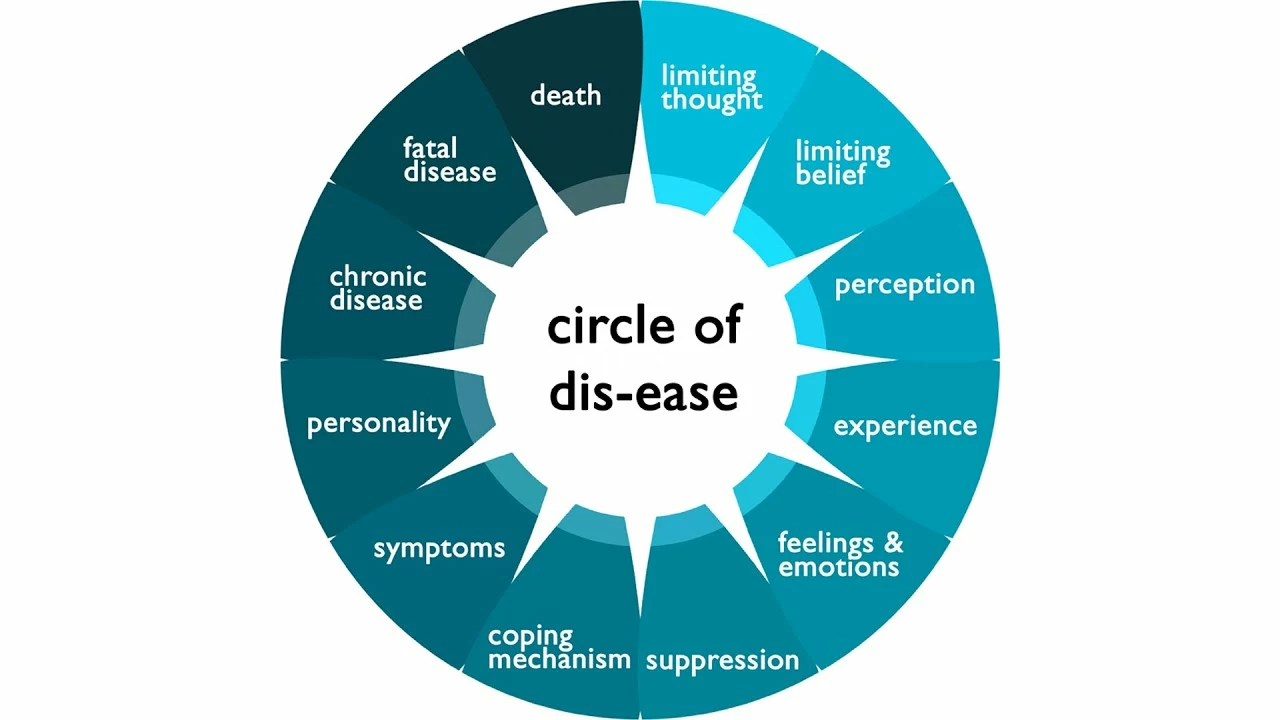Side effects: how to spot them and what to do
Worried about a new pill or inhaler? Side effects are a normal part of many medicines, but not every ache or rash is caused by the drug. This page helps you tell the difference, manage mild problems at home, and know when to call your doctor or 911. Keep reading for clear, practical steps you can use right away.
How to spot real side effects
Track when symptoms start. If a problem appears within hours or days of starting a medicine, that timing matters. Common mild reactions include nausea, headache, drowsiness, mild rash, or stomach upset. More serious signs to watch for are difficulty breathing, swelling of the face or throat, chest pain, fainting, sudden severe rash, or high fever. If any of those show up after a new drug, treat it as an emergency.
Different drug types have predictable patterns. For example, some antibiotics (like the ones used to treat infections) can cause stomach upset or a rash. Blood pressure meds may make you feel dizzy or tired at first. Anticonvulsants and mood stabilizers sometimes cause sleepiness, nausea, or balance problems. Inhalers may cause throat irritation or a hoarse voice. Over-the-counter supplements can also interact with prescription drugs and cause unexpected effects.
What to do if you suspect a side effect
If symptoms are mild: pause and read the leaflet that came with your medicine. Many leaflets list common, temporary effects and simple fixes — for example, taking a pill with food to reduce nausea. Keep a short log: medicine name, dose, time taken, and when the symptom occurred. That record makes conversations with your pharmacist or doctor much clearer.
If symptoms are moderate or worrying: stop the medicine only if your doctor told you to or if the leaflet says to do so. Call your healthcare provider or pharmacist and describe what happened. Mention other drugs, supplements, or alcohol you used — interactions are a frequent culprit. If you can, bring the medication bottle or take a photo to show the clinician.
If symptoms are life‑threatening (trouble breathing, swelling, fainting, high fever, severe bleeding): get emergency help now. Don’t wait. Tell the responders which medication you took and when.
Finally, report side effects. In many countries there’s a national reporting system (it helps regulators spot patterns). Your pharmacist can help you file a report, or you can submit one online. Reporting protects you and others — it’s how rare but serious problems get noticed faster.
Want practical examples? Read our posts on antibiotics, blood pressure medicines, mood stabilizers, and inhalers for drug-specific side effect lists and smart tips to reduce risk. If you’re unsure about any symptom after taking a drug, call your provider — quick action often avoids bigger problems.








